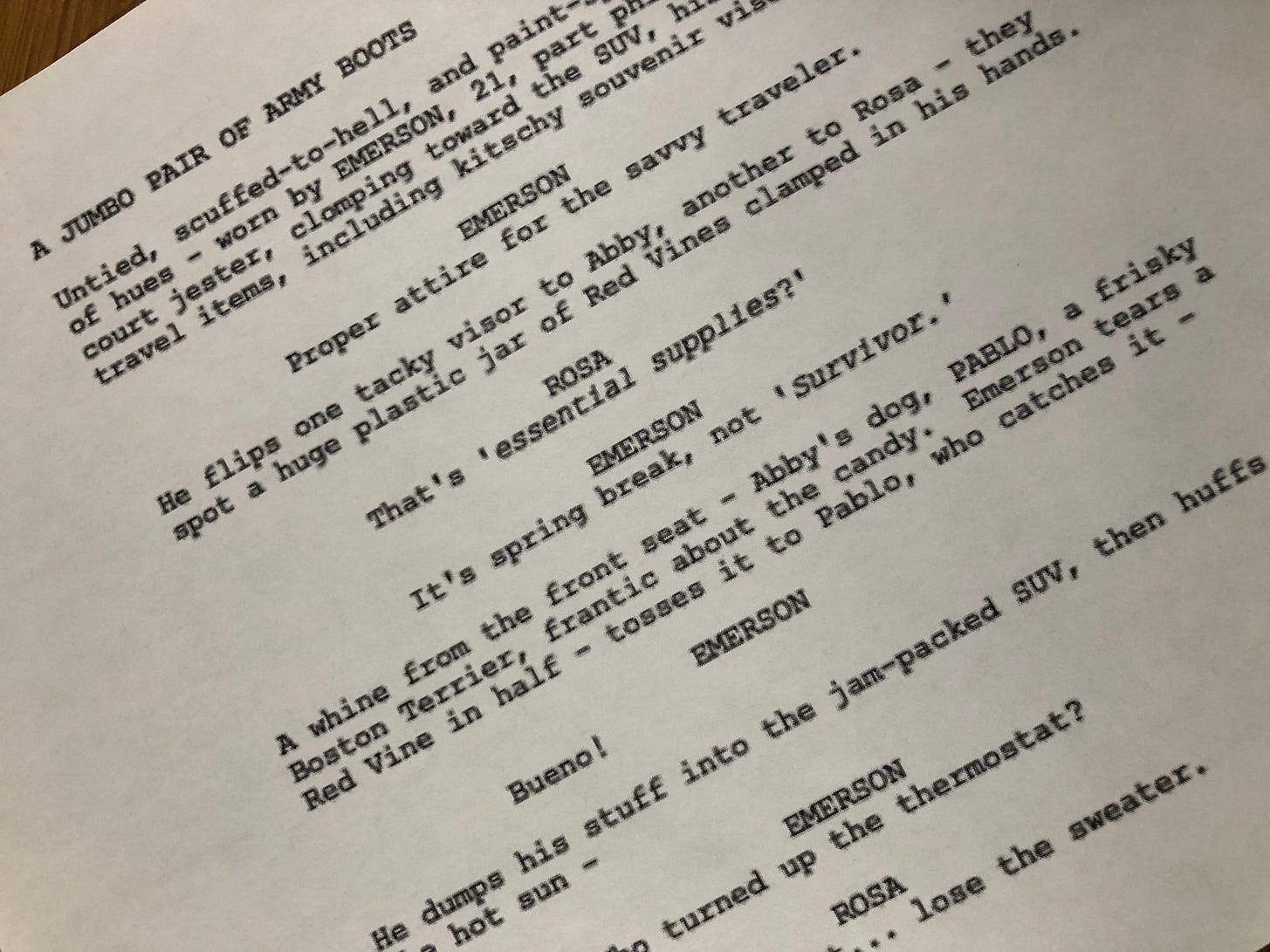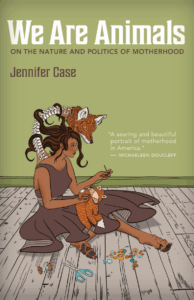“Are Zingers Really Winning? The Hidden Dangers Behind Sharp Comments That Could Cost You More Than You Think!”
Conflict is the beating heart of fiction—it’s what hooks us, keeps us turning pages, and leads us to discover what our characters are truly made of. Think about it: every time those fictional characters clash, bicker, or dive into a full-blown feud, they’re trapped in a crucible, and so are we as readers. We’re living vicariously through their strife, learning how to navigate the turbulent waters of our own lives. But it’s not just the grand, sweeping conflicts that matter—sometimes, it’s the little barbs in dialogue, those zingers that ignite tension and reveal motivations.
Yet, while zingers can sizzle on the page, amplifying dramatic tension, they take on a much darker form in real life, particularly in the realm of social media. In this digital age, we often find ourselves embroiled in exchanges that lack nuance, where clever retorts escalate into a cascade of outrage. This article delves into the fine line between the fictional use of zingers for conflict and their detrimental effects on our real-world interactions. Can we find a way to navigate discussions without sacrificing rational dialogue for the fiery allure of a zinger? I invite you to explore these thoughts with me and consider the potential for a more conscientious approach to our conversations.
If you’re curious to dive deeper into the nuances of this issue, click here to LEARN MORE.Writing fiction is all about creating conflict. Putting your characters in a crucible. Raising the temperature. This shows your reader what your characters are made of. And one reason we read fiction is to learn how to deal with the conflict in our own lives by living out conflict in somebody else’s skin.












